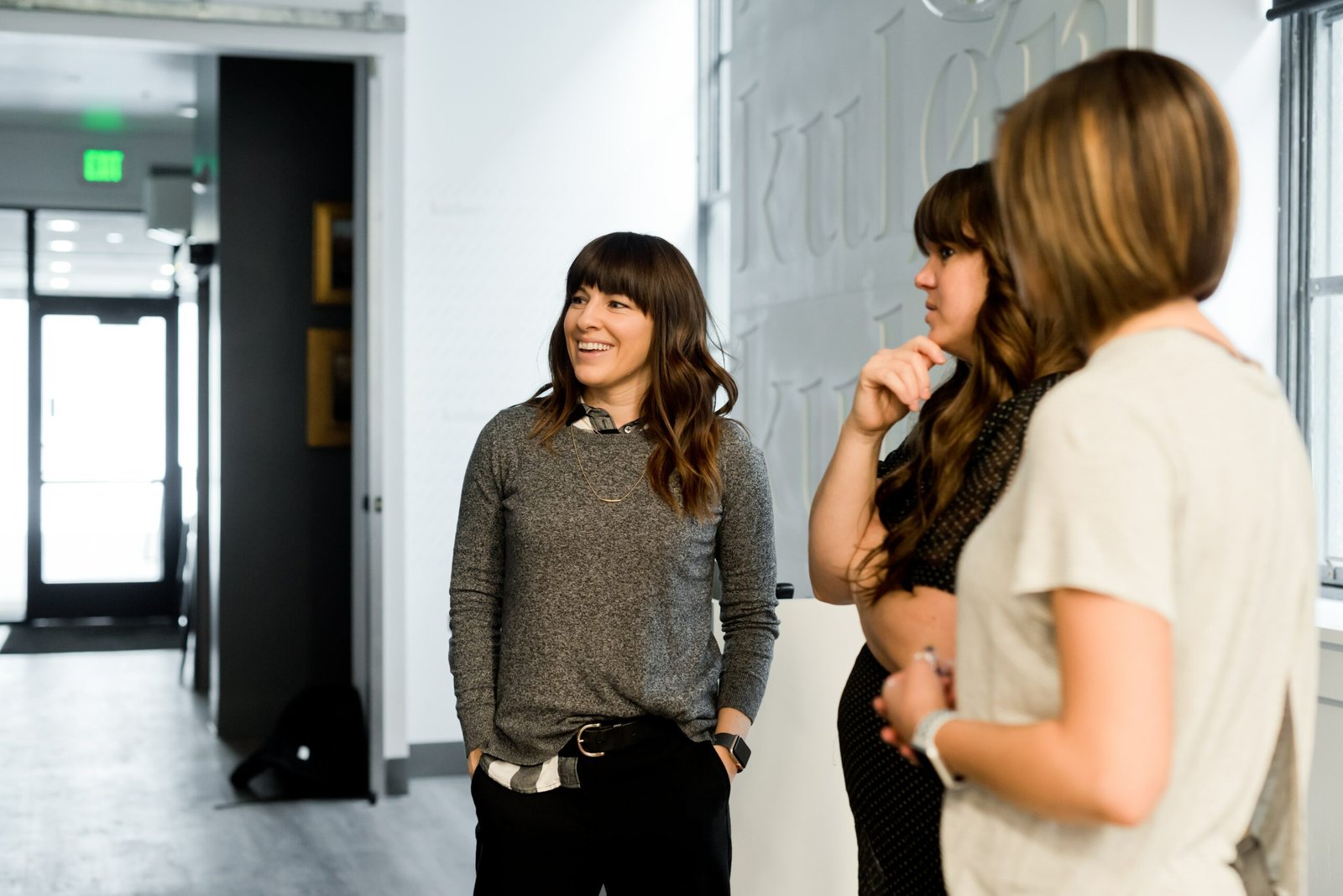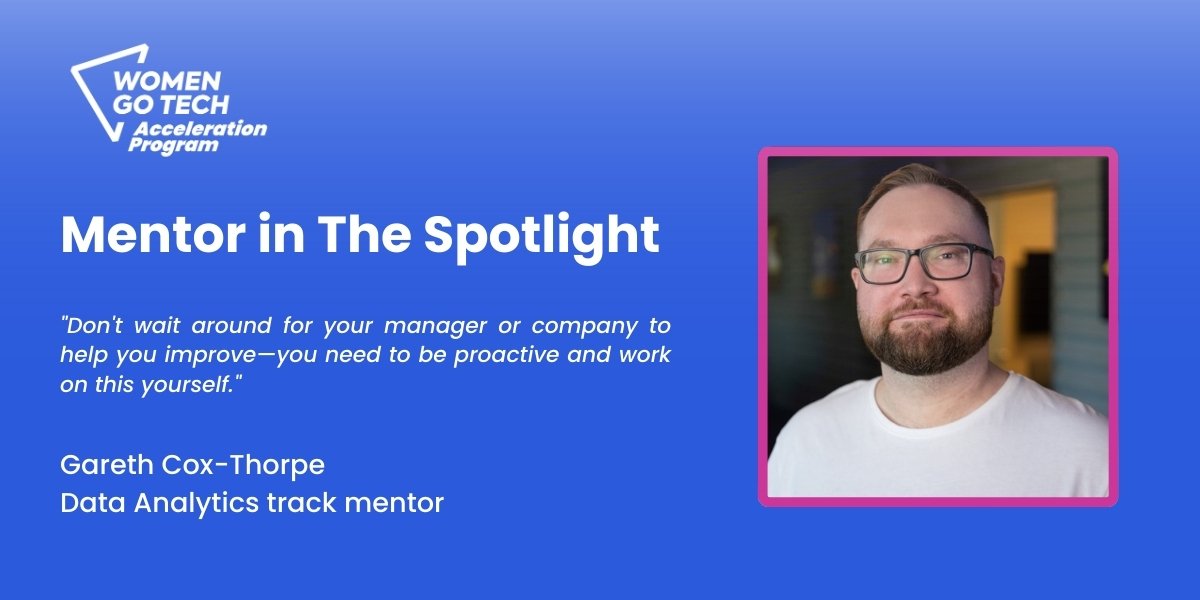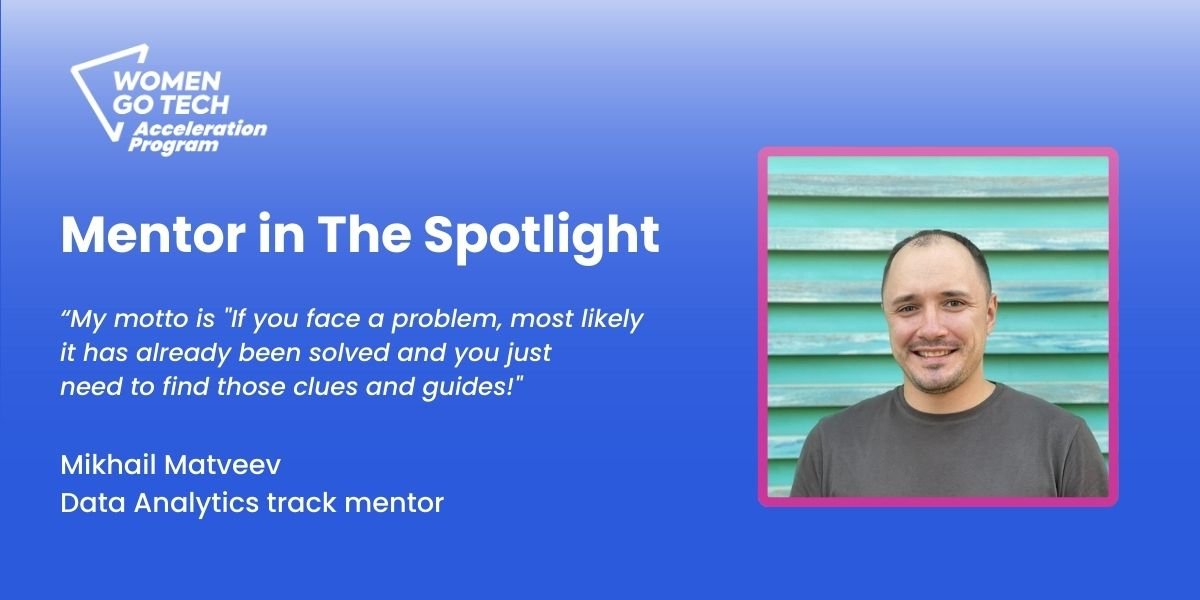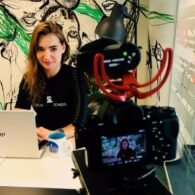In this interview, we’re speaking with Gareth, a data analyst with 10 years of experience in the tech industry. Originally from the UK, Gareth’s journey into data began unexpectedly, driven by curiosity and a hands-on approach. Now based in Lithuania, he works as a Senior Sales Data Analyst at NordPass, part of Nord Security, a leading cybersecurity solutions provider.
Gareth discusses his career path, the challenges he’s overcome, and his passion for mentoring, offering a unique perspective on the evolving world of data analytics.

Can you briefly introduce yourself and share your background in the tech industry? What sparked your interest in pursuing this career path?
I’m originally from the UK but moved to Lithuania with my wife and cat at the end of 2021. I’ve been working in data for 10 years, which is crazy to realize how fast time has gone!
I would say my journey into working with data wasn’t as deliberate as most. I was working as a tracer for a debt purchasing company, and a few of my colleagues were using SAS within their jobs. I found it fascinating to see how they could write a script and easily manipulate data. So I started playing around with Excel, which led me to create a team tracker for the tracing team. Around this time, I also remember buying an Excel 2010 for Dummies book, but after reading a few pages while on the train, I never picked it up again. I’ve always found the best way to learn is to get on with it, make mistakes, and then learn how to fix them!
I then moved into a Junior Analyst position at a different company and discovered SQL, Qlikview, and Tableau. This is where I really found my passion, as I loved creating data products that delivered value for the whole company, such as understanding buying patterns and retention rates. After a couple of years, I moved on to my last role in the UK, which involved working with customer experience data. I was analyzing feedback from insurance customers and using this data to improve customer journeys and conversion rates.
And then the world got turned upside down with the pandemic, and my wife and I decided that we wanted to try and live somewhere else. With my wife being Lithuanian, Vilnius seemed like a good option, so here I am working as a Senior Sales Data Analyst for NordPass. Nord Security in general is quite different from my previous UK company. It’s a younger, more agile start-up, which creates more excitement but also more challenges, and it’s where I discovered a desire for mentoring and Women Go Tech.
Have you encountered any significant challenges or obstacles in your career? How did you overcome them?
This is an easy one for me. Moving to Lithuania and working in a different culture has been the biggest challenge. I remember when I first started and got quite a big shock due to me not knowing the language. Obviously, all of the company communication is in English, but the small chats in the kitchen that I couldn’t initially get involved with were a strange experience. However, this has also been the reason why my Lithuanian has improved since moving over here.
You’re currently working as a Senior Data Analyst at Nord Security. Can you tell us more about your role and what aspects of it you find most exciting?
My role at Nord Security is to analyze the B2B data of NordPass. I’ve recently been leading a project to rebuild the B2B data, which has included working with our data engineer on the backend data tables and then rebuilding the company-wide dashboards. I’m now wanting the whole data team to start using this data to provide insights to the different teams of NordPass. Insight delivery is very important, and I think a good analyst provides answers that haven’t been asked yet.
Are there any new trends, tools, technologies, or methodologies in the data analytics field that you find particularly promising or exciting?
I’m guessing you’re going to hear this answer a lot, but AI is the biggest thing at the moment. Even just using ChatGPT to correct or optimize your code is going to speed up analytical work so much. As analysts, I don’t think we should fear AI, I believe we should be using it to enhance our jobs.
The competition for entry-level positions in data analysis is quite intense nowadays. What are the top three skills that aspiring data analysts should develop to stand out in this field?
- Persistence—don’t just think, “It can’t be done.” Instead, have the attitude that there’s always a way.
- SQL—get good with this. A lot of smaller data teams probably won’t have a data engineer, so if you’re an analyst, you’ll also be expected to do backend work.
- Presentation skills—a lot of data people tend to be more introverted and don’t like doing presentations. If you get good at giving presentations, you’ll definitely stand out.
Do you have any advice for someone already working in this field who is looking to progress to a senior role? What helped you make this move?
Mentoring has helped me a lot, and I think as a senior, your responsibilities should include helping more junior analysts improve. You also need to develop confidence in your experience and skills, without it, you won’t be able to offer your advice to the company you work for.
How do you approach personal development and continuous learning in your career, and how do you keep up with changes in the field?
Don’t wait around for your manager or company to help you improve—you need to be proactive and work on this yourself. I’ve used Udemy or Coursera courses, and I also put myself on this Women Go Tech mentoring programme. Doing these things myself is how I’ve developed throughout my career. Also, when you’ve completed a course, shout about it on social media so people can see!
Can you share a recent book, podcast, or resource that has positively impacted your professional growth?
There’s two people that I follow that come to mind. One is Gary Vaynerchuk, he’s an entrepreneur who specializes in marketing. He often creates content around digital marketing but also more generic things such as what to do if you don’t know what you want to do in your career. The other person is Jesse Itzler, I actually found Jesse as he was a guest on Gary V’s podcast. He’s a guy that wants to do it all! He’s founded many successful companies but also overcome some huge personal challenges such as running a 100 mile race in 24 hours!
Why did you decide to become a mentor?
I’ve always liked giving advice and love helping junior analysts with their work so thought I would increase the opportunity to do this.
You’re currently mentoring two mentees. Can you share some highlights of your mentoring experience with them?
My mentees are at different stages of their career. Vitalija is not afraid of putting herself out there. She’s doing podcasts and talks at conferences. So the highlights from my time working with her is when she’s sharing one of her talks and then working on her content together. Julija has made a complete career change so she’s earlier in her analytical career. She’s currently studying with Turing College. My highlight with her is seeing how passionate she is when presenting her dashboard work to me which she got top marks for!
Finally, what advice can you give to other mentors?
I feel like I’ve learnt as much as my mentees, so my advice to other mentors would be to also be open to learning during the programme.
Curious to learn about the experiences of Gareth’s mentees? Read Julija’s and Vitalija’s stories here and here.


























